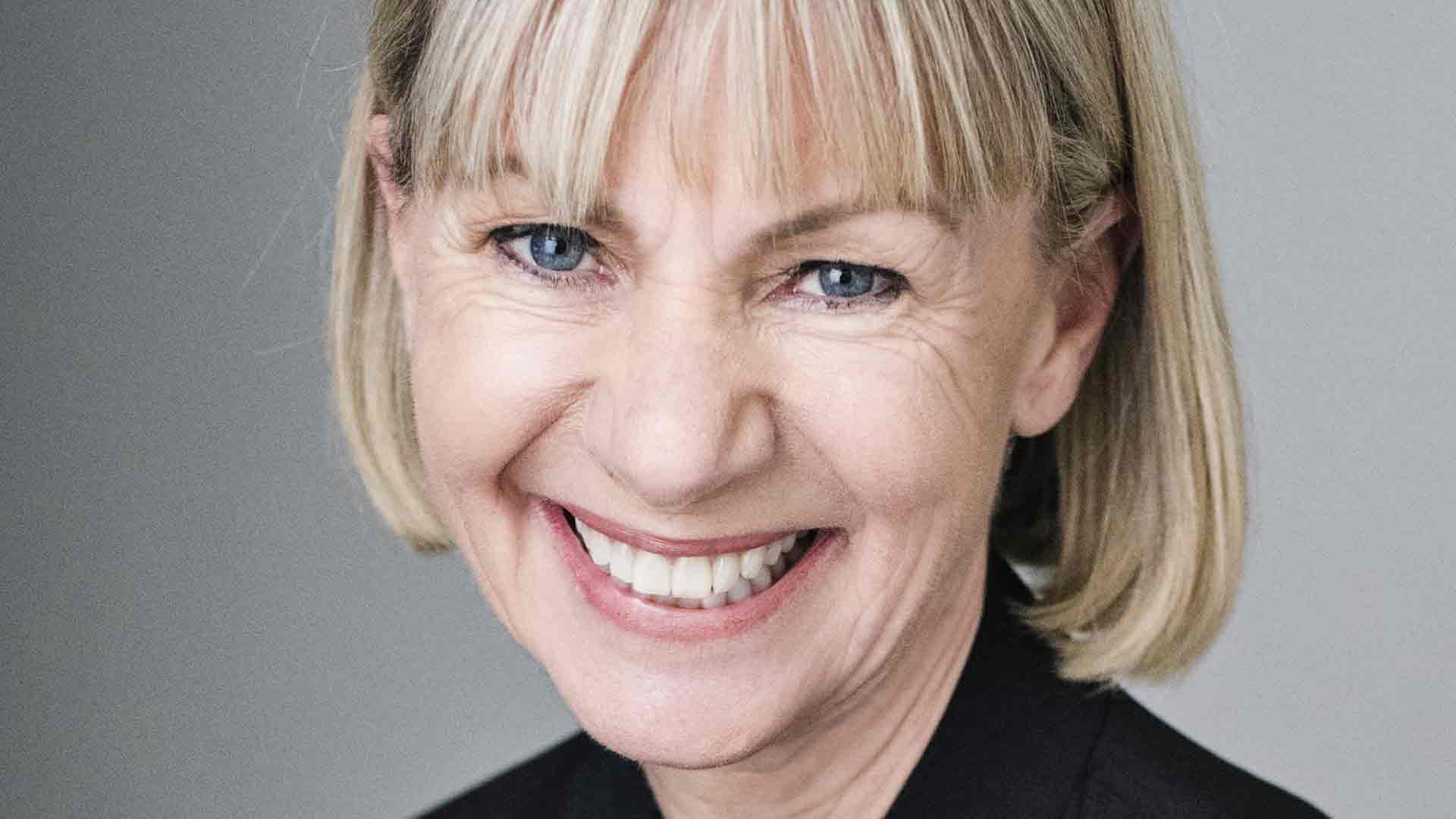You are viewing your 1 free article this month. Login to read more articles.
Kate Mosse criticises new government proposal on AI: 'Opt-out solution won't work'
Kate Mosse has spoken out about the government’s new consultation on artificial intelligence (AI), saying the "opt-out proposal won’t work" as it puts too much burden on creatives to protect their work.
The consultation was launched on Tuesday (16th December) and considers how to boost trust between sectors, ensuring AI developers provide right holders with greater clarity about how their material is being used and enhancing rights holders’ control over the use of materials for training AI models, amongst other proposals.
Mosse, an author and founder/director of the Women’s Prize for Fiction and the Women’s Prize for Non-Fiction said: “As a writer, I’m excited by AI and its possibilities. Using technology to enhance, develop, experiment and innovate is part of any artist’s toolkit. Despite the attempts of some AI companies to categorise writers as against change, we need time to create and the potential of AI can give us breathing space to do the things we love.
"But generative AI is different and needs handling differently. The UK is one of the most thriving, innovative and profitable creative industries in the world, worth some £109bn per year to the economy. Yet rather than respect this, certain AI companies are taking our work – without our permission and without remuneration – and ignoring the years we have spent in research, planning, writing, perfecting our work, work which contributes hugely to the UK economy."
The Labyrinth author, who also spoke out ahead of a parliamentary debate last week, said: "This is unfair and against the law. An ‘opt-out’ solution, as proposed in the government consultation on AI, will not work. It will put the burden on creatives to stop their work being stolen without permission or remuneration, resulting in us having less time to work. This will, in turn, damage our world-beating creative industries and run the risk of brand degradation."
Mosse added: "As a writer of both fiction and history, I wholly support the Government in its determination to harness the future and be a world leader in AI innovation. But the focus should be on developing transparency measures to support licensing solutions, not damaging our world-class creative industries, and ensuring that – as in any other field – we are properly remunerated for the way our work is used in producing AI tools. Without original work, there is nothing."
Richard Combes, head of rights and licensing and deputy chief executive of ALCS, said: "We are pleased to see the government launch this consultation and put transparency at the heart of the issue. Transparency will provide the foundation for licences, setting the necessary balance between choice and control for authors and access for AI developers."
He added: "While we have concerns that the proposed new copyright exception is premature, given the nascent market for licensing. We look forward to working constructively with the government to arrive at fair and workable solutions that support authors and our world-leading creative sector."
Yesterday a newly-formed coalition of organisations and trade bodies urged the government to protect rights holders.















